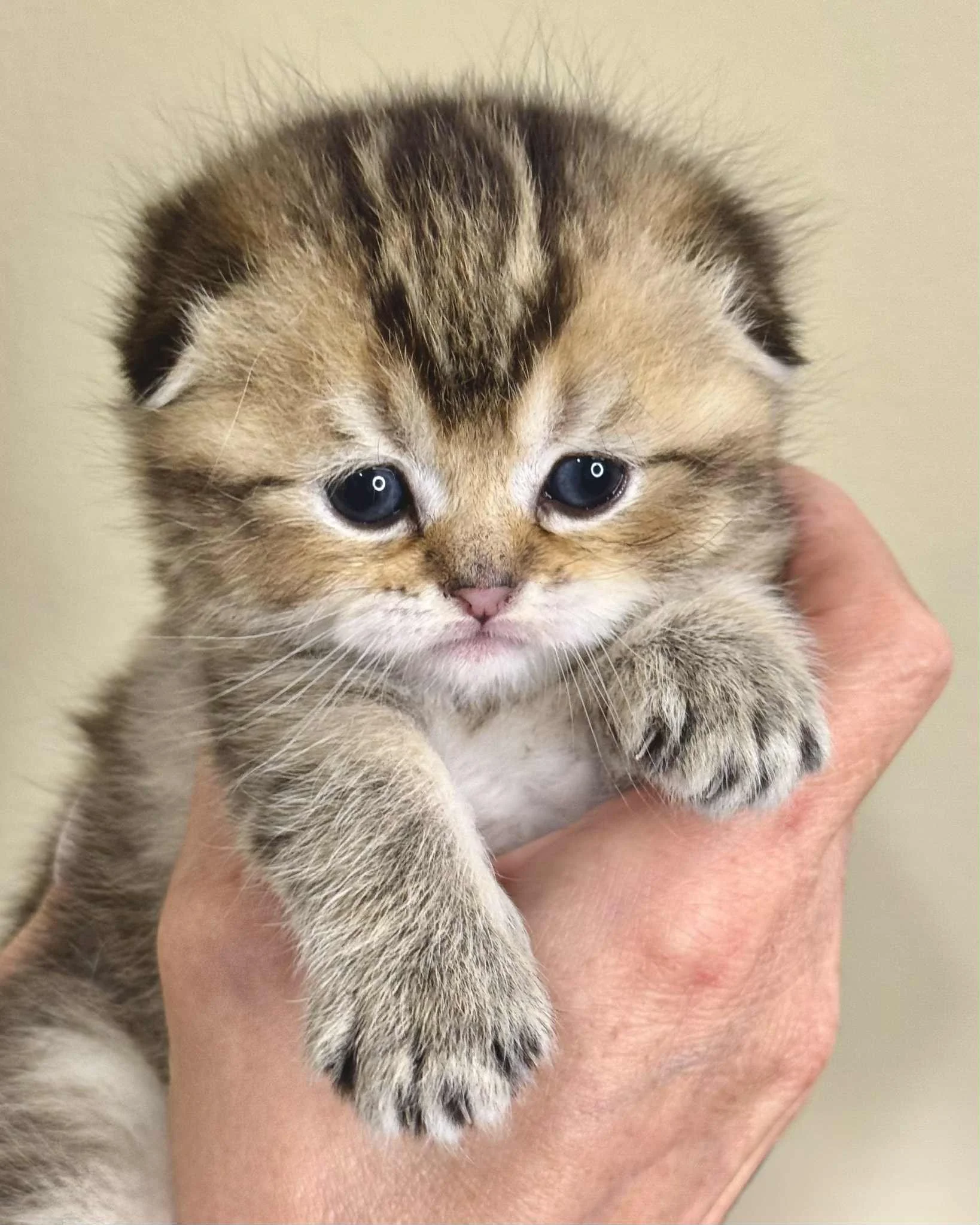How to Recognize if Your Scottish Fold Cat is in Pain
Cats have a strong survival instinct to mask pain, making it difficult for owners to recognize when something is wrong. They may tolerate discomfort for long periods, and by the time obvious signs appear, the condition can be advanced. Unlike dogs, cats rarely vocalize; instead, pain is revealed through subtle changes—such as altered posture, hiding, reduced appetite, or lower activity levels.
Scottish Fold Cats: Why You Should Never Declaw Your Cat
Declawing may sound like a simple nail trim, but it's actually a surgical amputation. In this procedure, the last bone of each toe is removed, which is equivalent to cutting off a human fingertip at the last knuckle.
Veterinarians call this surgery an onychectomy, and many no longer perform it due to the severe physical and behavioral effects it can cause.
Solving the Mystery: Why Your Cat Pees Outside the Litter Box
If your cat is peeing outside the litter box, first rule out medical issues with a vet. Common causes include stress, a dirty litter box, environmental changes, or territorial marking. Understanding these factors helps guide your cat back to proper litter habits.



